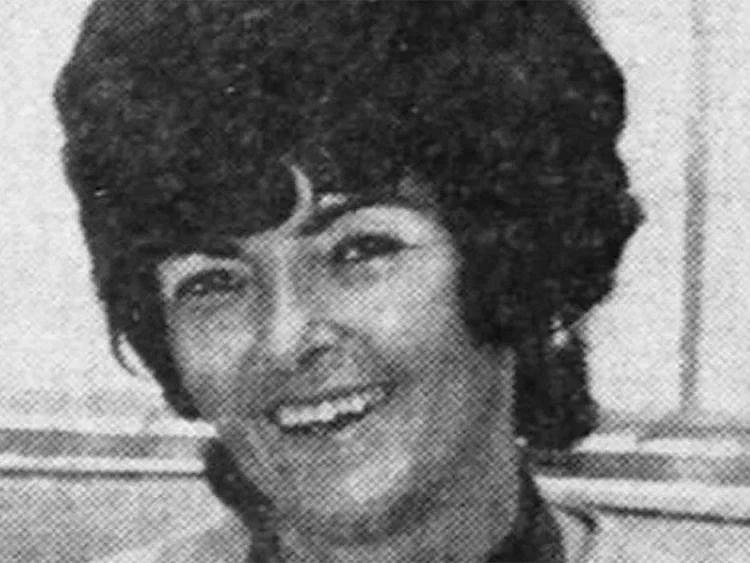'Nation River Lady' identified 48 years after murder
Case was the first use in Canada of genetic forensic technology to identify a victim

Toronto: A woman found dead in eastern Ontario 48 years ago has been identified as a Tennessee spa owner who disappeared on a trip to Montreal, and a Florida man who knew her has been charged in her murder, police said Wednesday.
The woman had been known for decades only as the “Nation River Lady” after the remains were found on May 3, 1975, floating in the Nation River, a short distance from a highway bridge near Casselman, Ontario.
Technology that uses DNA to find genetic matches led to identifying her as Jewell Parchman Langford, Ontario Provincial Police said at a news conference.
Also Read
Fugitive suspect in 1984 killing returned to Florida following arrest in California18-year-old trainee accused of shooting 3 soldiers at firing range on Japanese army base, killing 2French stabbing suspect charged with attempted murder as injured toddlers remain hospitalisedMan charged in US house fire that left six deadDetective Inspector Daniel Nadeau said the 48-year-old woman was a well-known member of the business community in Jackson, Tennessee, who co-owned a spa with her ex-husband.
She had travelled to Montreal in April 1975 and never returned home.
“At that time, her family in Tennessee had reported her missing,” said Nadeau. “While I cannot get into the specifics that will be entered at trial, I can tell you that the accused and the victim were known to each other.”
Rodney Nichols, 81, of Hollywood, Florida, was charged with murder last year, but the charge was not announced at the time so as to not jeopardize his extradition from the United States. Canadian Broadcasting Corp. reported that Nichols has yet to appear in court in connection with the charge and has not entered a plea.
Police say Langford's case was the first use in Canada of genetic forensic technology to identify a victim.
Other methods of identification, including creating a 3D facial approximation of her in 2017, were tried but had no success.
The Centre of Forensic Sciences in Toronto obtained a new DNA profile of the victim in 2019. The data was sent to a lab in California where matches were made to two individuals in a family DNA tree.
The DNA Doe Project, which works to identify victims in cold cases, said Ontario police contacted them for help and the victim's DNA profile was uploaded to genetic genealogy databases in 2020. The organization's volunteers identified Langford as a likely candidate within a few weeks.
Ontario's chief coroner, Dr. Dirk Huyer, said the DNA profile was used to help establish possible connections between the victim and others.
DNA samples were then obtained from the surviving relatives of Langford, including her nieces, Huyer said.
Police say Langford’s remains were repatriated to the United States in 2022 and a memorial service and burial were held for her.dfs
Sign up for the Daily Briefing
Get the latest news and updates straight to your inbox
Network Links
GN StoreDownload our app
© Al Nisr Publishing LLC 2025. All rights reserved.